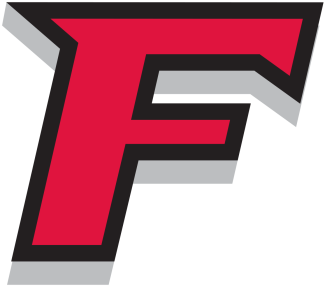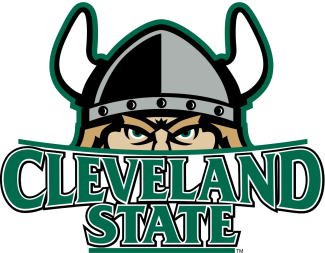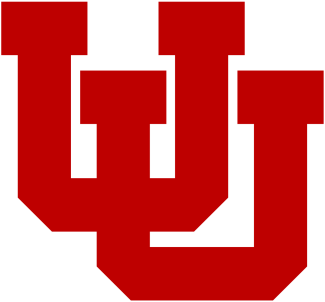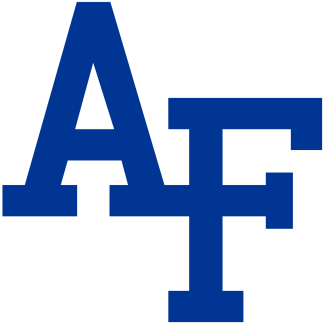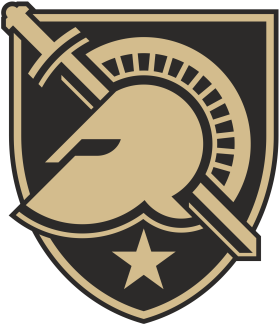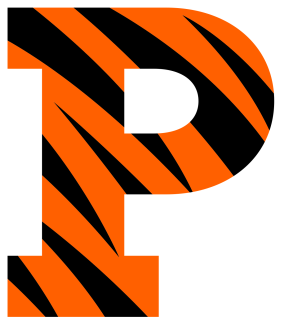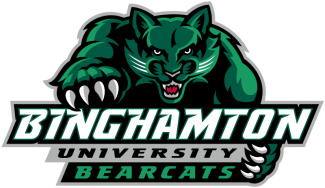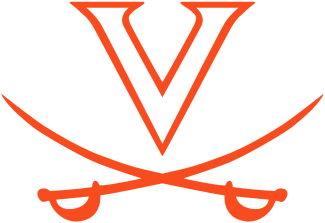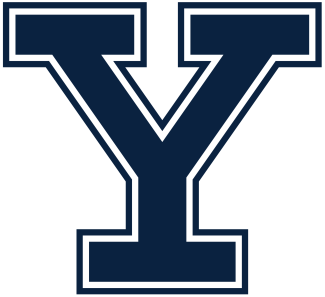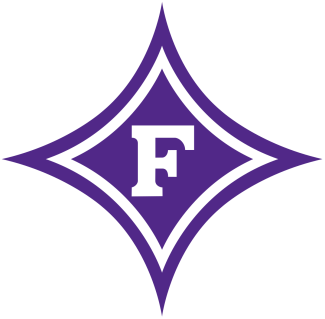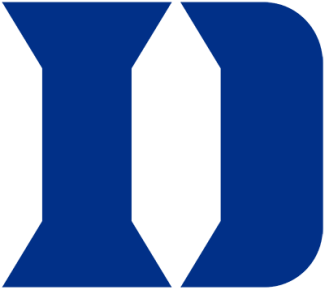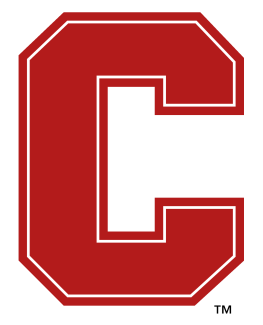One is forced to wonder if Adler lives in a world in which there are more than 24 hours in a day. When he’s not helping kids clamp, Adler is working fulltime at ESPN as a financial analyst in the affiliate revenue division. And when he clocks out on Fridays, he is wheels up, flying around the country to wherever his games are being played on Saturday, before returning home Sunday night.
For those who may be exhausted by the thought of such a schedule, taking inventory of how Adler got here helps interpret his unrelenting vitality.
Growing up in Florida, Adler spent most of his youth playing baseball, fielding balls on the hop as a shortstop and trying to turn double plays as a second baseman. Adler, who is quick to point out that Florida is not a hotbed for lacrosse, says he dabbled in rec lacrosse during middle school. It wasn’t until he was in high school at Northfield Mount Herman (Mass.), which has a requirement that all students must participate in a sport, that Adler’s pursuit of a lacrosse career unwittingly began.
“My freshman year I was playing JV football, and the coach was the wrestling coach, and he’s like ‘I really like how you play and how aggressive you are. You’re going to do wrestling in the winter,’” Adler says. “I had no idea what wrestling was, I thought it was like WWE. I had wanted to play hockey until my advisor said, ‘If you don’t know how to skate, don’t bother trying out,’ so that was off the table. So I started wrestling, and that was my main thing.”
In fact, Adler was so good on the mat, colleges started to take notice. But injuries would prevent him from competing at the next level. As luck would have it, Adler had picked up a lacrosse stick during the spring of his freshman year.
“I played [lacrosse] freshman and sophomore years, started my senior year, but I didn’t play my junior year, which is a big recruiting year for the sport,” he says. “Coaches told me I couldn’t play at the college level, not Division II or III. I was calling schools asking for a look, and then I ended up at Bentley College, and the lacrosse coach says, ‘Yeah, we’ll give you a chance to try out for the team.’ So that summer I committed myself to getting ready. I had never really faced off, so I was significantly behind. I mean, I’m playing with all-state, All-Americans. But I had great coaches who taught me the intricacies of the position.”
Learning and owning the position was one thing, but Adler had additional challenges impeding his chance of playing. Five of them, actually.
“Freshman year, we had five guys facing off, and I was the fifth one,” he says. “I took five faceoffs that year.”
To rub salt in the wound, Adler’s parents traveled from Florida that season for a game, hoping to see their son play at the collegiate level. “I didn’t touch the ball that game,” he says.
Adler can tell that story with a boyish grin now, because he is able to push the fast-forward button to 2018, when his parents witnessed him win an MLL championship with the Denver Outlaws. Adler went 15-for-29 in the final, a 16-12 win over the Dallas Rattlers in Charleston, S.C.
But even that moment looked like one in which Adler would be celebrating from the sideline.
“I’m at the D-II national championship game, and I get a call from the GM of the Outlaws (Tony Seaman). I was absolutely shocked, I thought one of my friends was playing a joke on me,” says Adler, who led MLL with a 57.7-percent faceoff winning percentage last year. “They had the number one faceoff guy in MLL (Tommy Kelly), and [in 2017] they drafted another guy (Zach Currier) who was one of the best midfielders, who could also face off. I didn’t think my chances of actually playing would happen. Jump ahead in this story and our starting faceoff guy (Kelly) gets hurt in the All-Star Game and they call me.”

